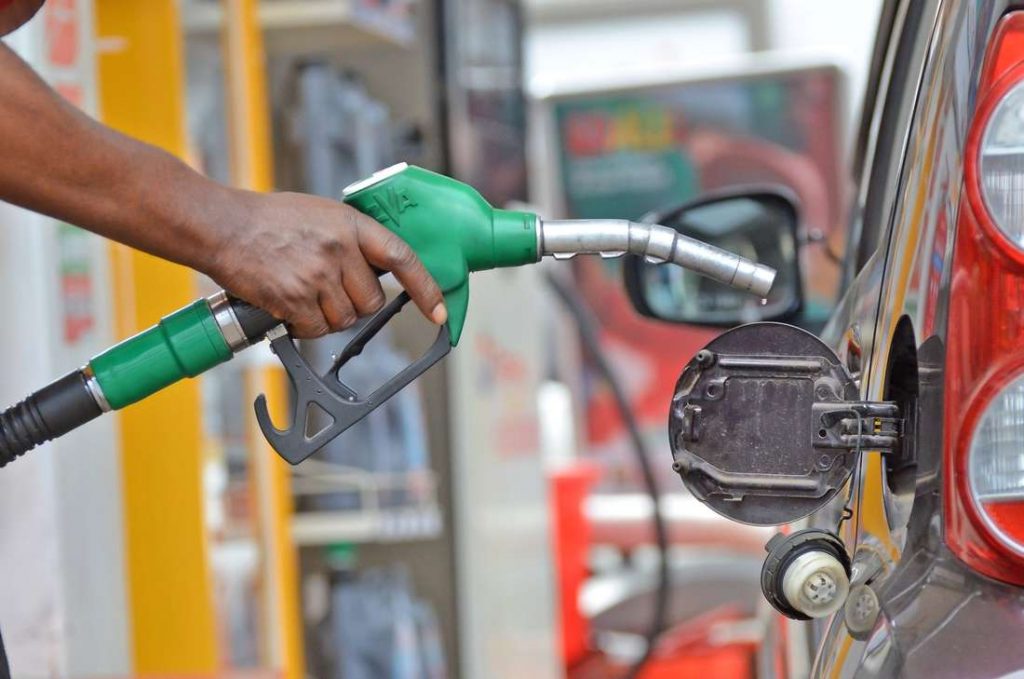Mera cautious as Cama calls for removal of levies
Malawi Energy Regulatory Authority (Mera) says the combined effect of key variables in the determination of fuel prices may result in higher landed costs of petroleum products in February 2022.
In a published statement, Mera said to date, the landed costs of petrol, diesel and paraffin have increased by 6.04 percent, 13.35 percent and 13.91 percent, respectively.
On the other hand, the price stabilisation fund (PSF)-created to cushion fuel prices-balances for petrol, diesel and paraffin averaged K0.9 billion against the recommended minimum of K5 billion as at January 25 2022.
Reads the statement in part: “Under the automatic fuel pricing mechanism, pump prices qualify for an adjustment when the landed costs of petroleum products move beyond the ± 5 percent trigger limit.

“In the upcoming energy price reviews, Mera will consider the following: changes in landed costs; the PSF status; the need to enable importing companies to recover importation costs; and the goal of promoting consumers’ interests with respect to fuel prices and continuity of supply.”
The rising global oil prices drove government to raise pump prices by an average 22.8 percent in October 2021.
Effectively, petrol went up by 27.89 percent to K1 150 from K899.20, diesel went up by 24.72 percent from K898 to K1 220 while kerosene rose by 15.79 percent to K833.20 from K719.60.
However, since the determination of the ruling pump prices in October 2021, the Malawi kwacha has slightly depreciated against the United States dollar by 0.12 percent, from an average of K823.49 to K824.48.
On the other hand, average free on board (FOB) prices of petrol, diesel and paraffin on the international market have increased by 7.15 percent, 14.87 percent and 15.99 percent, respectively.
Meanwhile, the Consumers Association of Malawi has written Parliament to help enforce the removal of road levy and theMalawi Rural Electrification (Marep) Levy.
In a letter dated January 24 2022 addressed to the Clerk of Parliament, Cama executive director John Kapito argues that removing the levies would bring down petrol and diesel prices to K950 and K931 per litre, respectiviely.
Said Kapito in the letter: “Now that we have a full Road Regulatory Authority specific for road construction and rehabilitation it is important to transfer such a tax to this appropriate authority, bearing in mind that the Road Authority has just introduced the tollgate tax whose purpose is similar to that of the Road Levy and it is unfair to punish consumers with double taxation for the same type of service or product.
“[Marep] was intended to develop rural electricity connection infrastructure with hope to improve rural electricity access, unfortunately, this is a tax or levy whose accountability has been subjected to corruption and there is no significant impact on access to electricity for the rural masses, this is also one tax or levy that is loaded on a wrong and sensitive product like fuel and we are proposing if this tax is moved to taxes under electricity distribution or generation.”
Currently, there are six levies in the price-build up, namely Rural Electrification Levy, Energy Levy, Distribution Fund, Carbon Tax, Road Levy and PSF.






One Comment